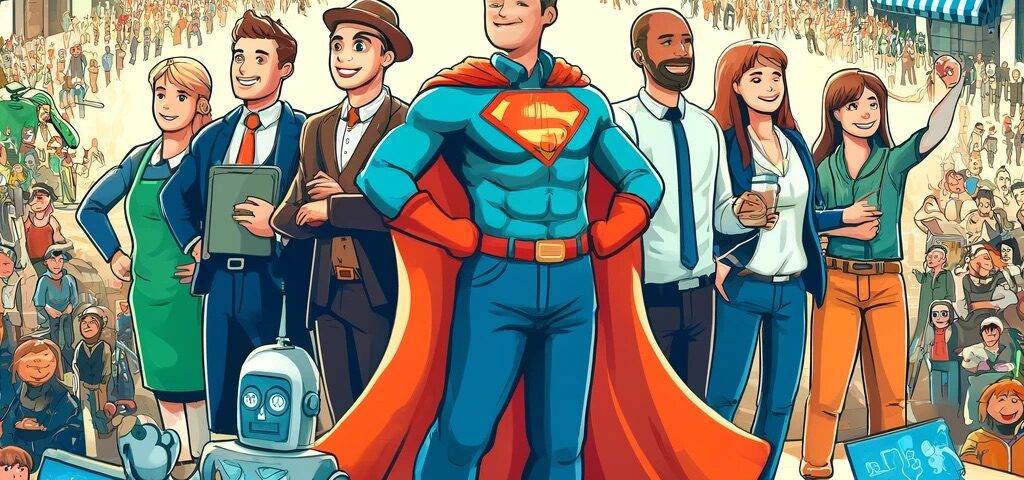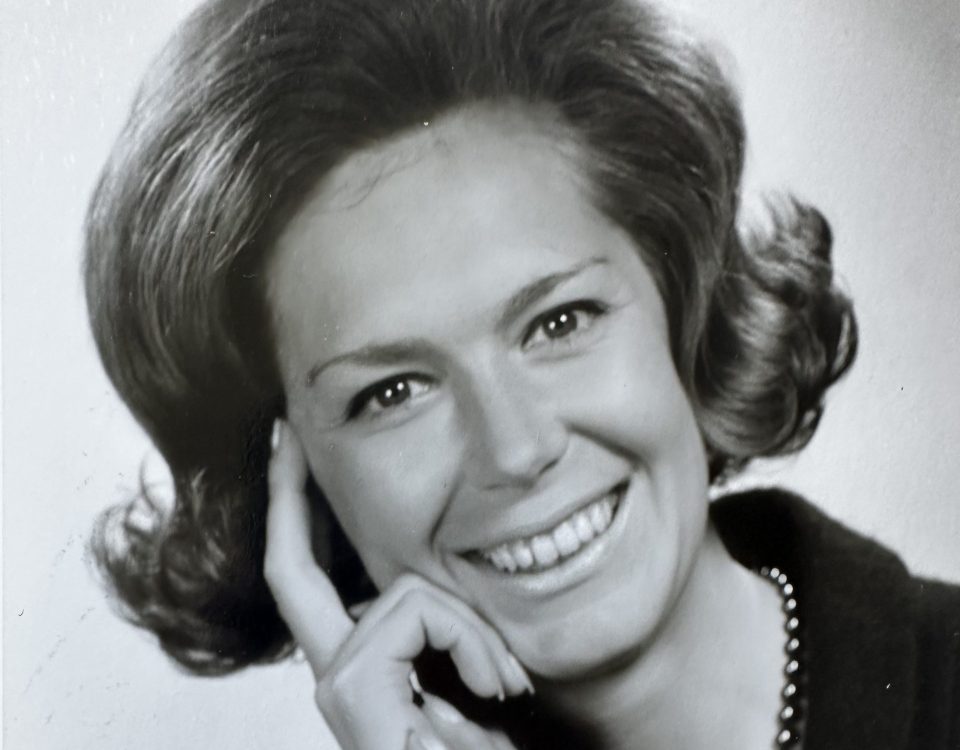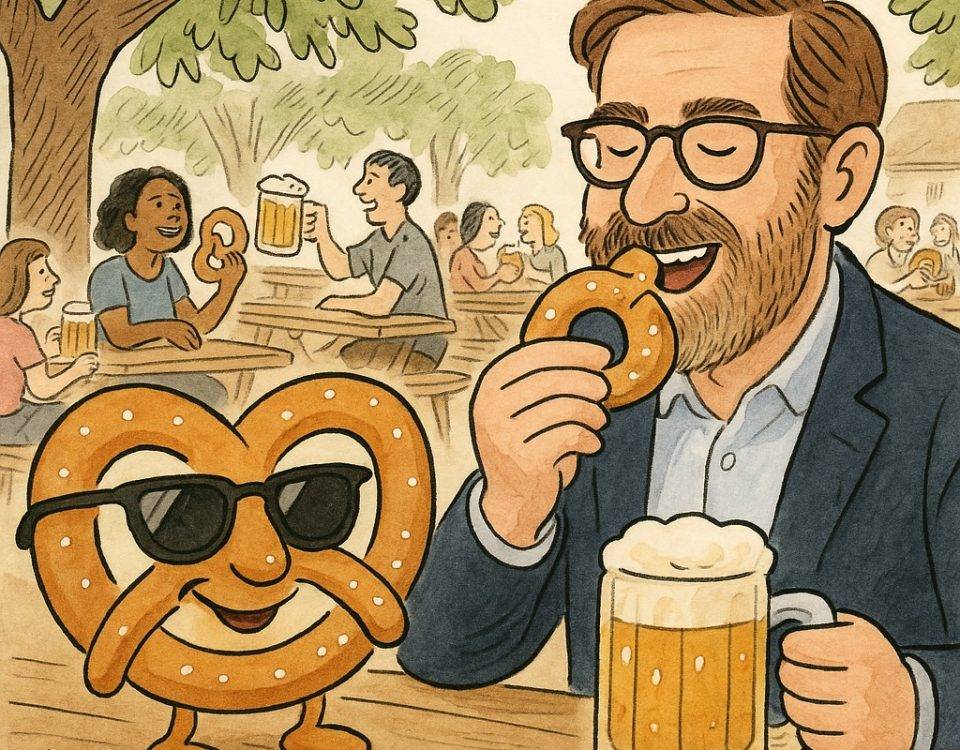At the beginning, contrary to public opinion, studying business is slightly confusing and marginally abstract.

For example, the  Law of Diminishing Returns and the typical explanation from an academic textbook:
Law of Diminishing Returns and the typical explanation from an academic textbook:
This law affirms that the addition of a larger amount of one factor of production, ceteris paribus, inevitably yields decreased per-unit incremental returns. The law does not imply that the additional unit decreases total production, which is known as negative returns; however, this is commonly the result.

Lovely and confusing. So, for a better understanding, I asked ChatGPT to explain it:
Picture this: You decide to study for your exams by having more and more coffee. The first cup wakes you up, the second keeps you focused, but by the fourth or fifth cup, you’re just shaking and can’t remember your own name, let alone complex economic theories.
The law of diminishing returns is like that: it says if you add more and more of one thing (like labor or capital) to a fixed amount of another thing (like land or machinery), you’ll eventually get less bang for your buck. Initially, it might seem confusing—why wouldn’t more resources always lead to better results? But then, after your fifth coffee, you might just get it!

To make things even easier with business being
ubiquitous – developing a passion at the start of your studies is challenging as it is only when business studies are parred with the real-life experience that they can really ignite the necessary fire. Yes,
MBA students in general have it easier to be passionate about studying than bachelor students, for a simple reason – they already have the work experience which fuels their passion.

Why do I know this? Well, I studied business myself and I remember well how abstract it was until I started working. Suddenly, once I was working, it all started making sense to me and my passion was gaining momentum. Furthermore, understanding which industries I want to know more about, and which don’t interest me, made me read outside of that what was prescribed by the curriculum of my university. The more I worked the more passionate did I get about my studies and well, who would have thought, I ended up choosing a career in business education and have not stopped passionately studying for 35 years.
Strangely enough, most of the time business students look at the large corporations and really those industries are not very exciting. In fact, many of these corporations are run by
rent-seekers with
risk averse strategies that accommodate the financial interest of their shareholders and possibly their stakeholders and the environment.


One of my personal academic and business heroes is an ice cream maker in Munich –
Giorgio Ballabeni. In 2006 he saw the business opportunity – there were many ice-cream parlours in Munich, but they all offered the same industrially pre-produced boring ice-cream. Giorgio started with 6 handmade flavors and by the summer of 2009 he called me slightly in distress – on average on a hot summer day, the demand was so high that he was selling 1000 scoops of ice-cream per hour, and you had to wait up to 1.5 hours in line. 18 years later, Giorgio together with his wife and son, runs two ice-cream parlours, an ice-cream van, an ice-cream making school, an online store for equipment for making ice-cream, an ice-cream catering company. On a side note, Giorgio works all the time and loves it – it is his passion, and when you meet him, you always see the twinkle in his eyes and when you taste his ice-cream, you will taste the passion. Trust me.

According to Giorgio, the real magic behind an entrepreneur is his team. He always tells me that living his dream and passion was only possible thanks to his team – his wife, his children, and his friends. Something I could not agree more on.
Thus, I want to end this update thanking the NEC team, Olesya, Ariela, Domenica, Neema, Alina, Pedro, and Joshua, all our lecturers, our supporters (AGBC & BCDN) and the entire team of Wittenborg University of Applied Sciences. It is thanks to your hard work and support that we can offer business education with a character.
Sunny regards and don’t eat too much ice cream,
Sascha Liebhardt


Law of Diminishing Returns and the typical explanation from an academic textbook:













